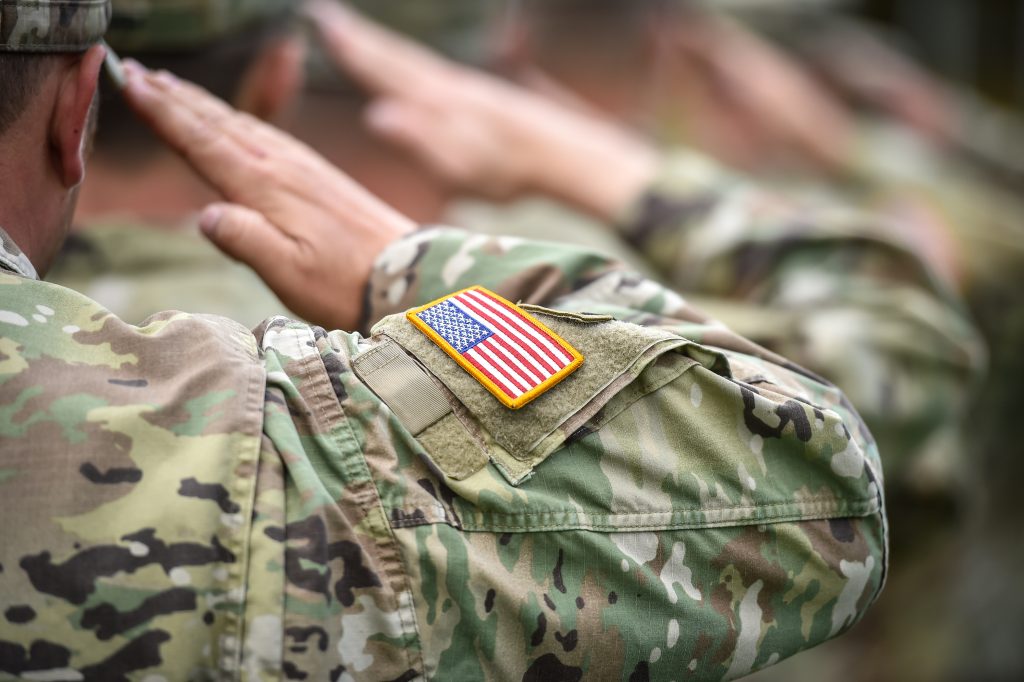
The Ninth Circuit Emphasizes that USERRA Requires Equitable Treatment of Employees on Short-Term Military Leave
Jun 01, 2023The main takeaway from this Ninth Circuit decision is that employers must treat employees seeking short-term military leave in the same manner as employees on other types of short-term leaves (bereavement, jury duty, sick, etc.). When making this comparison, the primary factor is the duration of leave and not the frequency of leave.
The Uniformed Services Employment and Reemployment Rights Act (“USERRA”), like its predecessor statutes, provides various rights to veterans, servicemembers, and reservists in the employment context. One of USERRA’s provisions requires employers to provide employees who take military leave the same rights and benefits as those employees who take comparable non-military leaves. Such rights and benefits could include, for example, paid leave. If an employer provides paid leave for bereavement, jury duty, sick time, or other short-term leaves, then the employer must provide paid leave for short-term military leave if—and this is the important part—the short-term military leave is comparable to other non-military leave.
To determine whether short-term military leave is comparable to other non-military leave, we look at three factors: the duration of leave; the purpose of the leave; and control over the timing of the leave. In Clarkson v. Alaska Airlines,[1] the Ninth Circuit emphasized that duration is the most significant factor in this comparison.
When evaluating duration of leave, the Ninth Circuit held for the first time that it is improper to lump short-term military leave in with extended military leave. The Ninth Circuit recognized that extended military leave can last for years, while short-term military leave may only be two or three days.[2] Accordingly, short-term military leave must be evaluated separately from extended military leave or else the duration of military leave would never be comparable to other non-military leaves (like bereavement, jury duty, or sick time) and servicemembers would not receive USERRA protection. The Ninth Circuit explained that “while an ‘extended’ military leave is not comparable to a ‘two-day funeral leave,’ it is entirely possible that a two-day military leave is comparable to a two-day funeral leave.”[3]
In Clarkson, an airline pilot sued the commercial airlines that he flew for; arguing that they violated USERRA when they failed to pay pilots who took short-term military leave but paid pilots who took other, allegedly comparable, non-military leaves. At summary judgment, the airlines presented data that compared all military leave (extended and short-term) to non-military leaves, including jury duty, bereavement, and sick leave, and argued that the leaves were not comparable because the military leave was drastically longer (185 days v. 5–6 days). The Ninth Circuit rejected this analysis because it improperly included extended military leave. Instead, the Ninth Circuit looked at the data the pilot presented, which showed that airline pilots took an average of 3.10 days of short-term military leave and an average of 2.52–2.94 days of leave for jury duty, bereavement, and sick leave. The Ninth Circuit noted that a reasonable jury could find that short-term military leave averaging 3.10 days is comparable in duration to non-military leaves averaging 2.52–2.94 days.
In doing so, the Ninth Circuit flatly rejected the airlines’ argument that frequency of leave must be considered. The airlines contended that military leave occurs more frequently and, thus, is a greater burden to employers to provide paid military leave than providing paid jury duty leave or other paid leave. The Ninth Circuit pointed out that this is “the very rationale that Congress sought to prohibit” when enacting USERRA.[4]
USERRA does not require that employers provide preferential treatment to employees taking military leave, USERRA only requires employers provide equal treatment.
[1] 59 F.4th 424 (9th Cir. 2023).
[2] The Ninth Circuit did not set legal definition of “short-term” military leave, but adopted the parties’ definition of “short-term” military leave as less than 30 days.
[3] Id. at 433 (emphasis original).
[4] Id. at 436–37.


